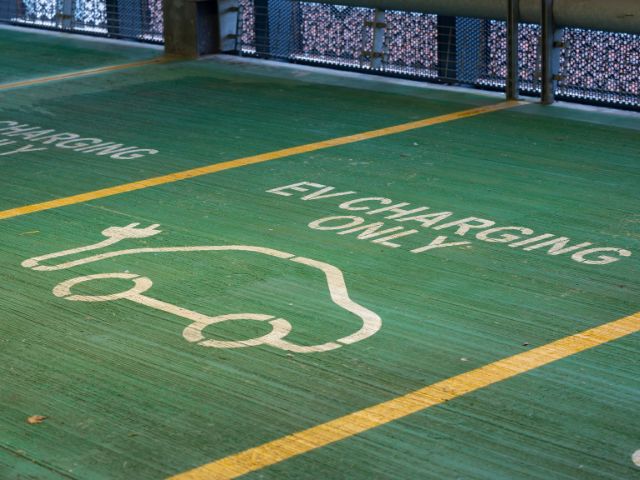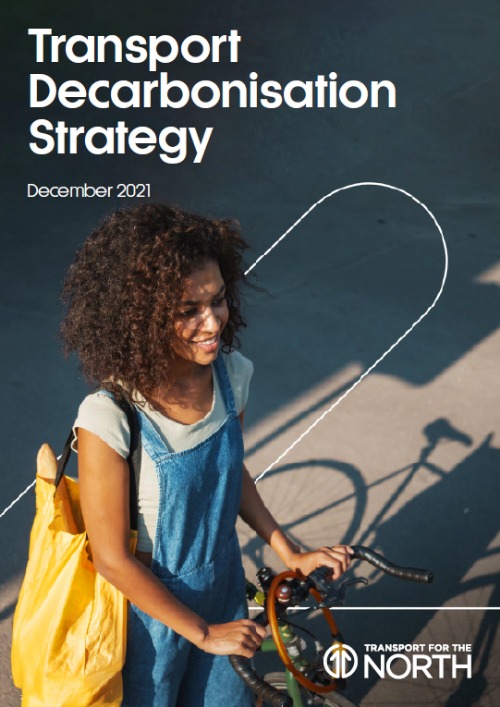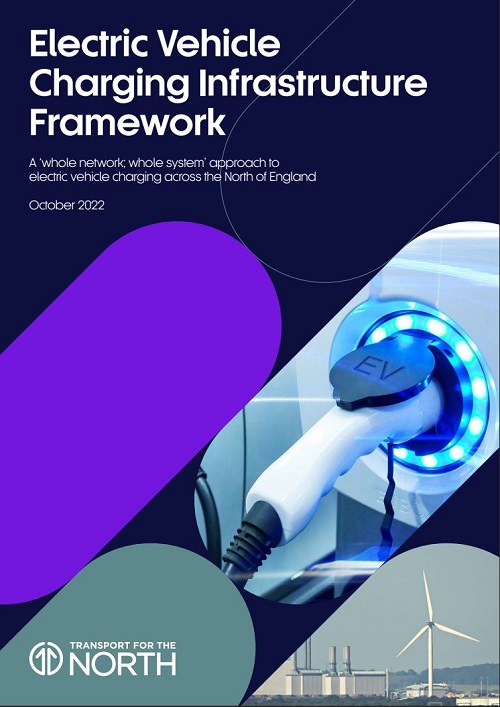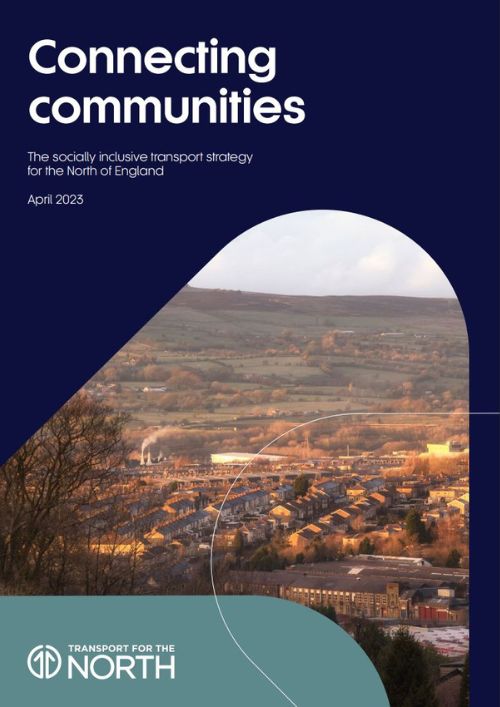All places in the North face different challenges when it comes to transport decarbonisation and many will require very different solutions if we’re going to achieve our collective regional decarbonisation ambition.
This page includes information and links to tools and guidance developed by Transport for the North to help our partners build carbon reductionsinto their Local Transport Plans (LTPs).
The preparation of Local Transport Plans (LTP) by our partners provides an important mechanism for helping to shape place-based decarbonisation. Through its Transport Decarbonisation Plan, government has committed to driving decarbonisation at a local level by making quantifiable carbon reductions a fundamental part of local transport planning and funding.
LTPs provide a mechanism to set out how local areas are proposing to deliver carbon reductions in surface transport, to help achieve local and national targets – and actually quantify these reductions.
Supporting the development of place-based decarbonisation pathways was identified as a key stakeholder priority identified during the public consultation on our Decarbonisation Strategy in 2021.
Our Strategy now includes a number of activities relevant to place-based decarbonisation, allowing us to support our local authority partners in developing their own local route-maps for transport decarbonisation.
The Department for Transport, within their Transport Decarbonisation Strategy (2021) have also been clear about the role of subnational transport bodies (STBs) in working to turn national decarbonisation priorities into actionable plans for their region. To facilitate this, DfT have supported the STBs to develop a number of tools to assist local transport authorities in the quantification of their LTP carbon reductions.
By integrating TfN’s Carbon Baseline Dashboard with TfN’s Carbon Assessment Playbook (see descriptions below), and automating the underlying calculation methodology, the need for specialist support when defining policy packages should be significantly reduced, if not avoided.
Our Decarbonisation Strategy
Our Carbon Baseline Dashboard provides every local authority within the Transport for the North area, with a carbon baseline from cars, LDVs and HGVs which can be disaggregated to understand where those emissions come from (e.g. by vehicle type, fuel type or time of day). It also provides future user emission forecasts up to 2050.
Partners can gain access by following this link.
Users should refer to our ‘how to’ guide on the site when using the dashboard initially. Any further queries or comments on the tool should be addressed to [email protected].
Our CAP is a ‘policy builder’ tool, which allows every local authority to test the carbon reduction impacts of different local transport policies and interventions upon their carbon baselines.
The playbook takes the baseline inputs from our QCR Dashboard, and provides every local authority within the Transport for the North area, with the opportunity to:
The CAP tool has been developed with the six other subnational transport bodies to ensure consistency on a national basis, with input from DfT, and has been signposted during DfT carbon seminars as a key tool for local and regional transport plan making.
Partners can gain access by following this link.
A training video, containing a demonstration of the tools use, can be accessed from the playbook interface, as well as a User Guide and a Calculation Methodology Note. Any further queries or comments on the tool should be addressed to [email protected].

Our Clean Mobility Tool allows local authority partners access to evidence-based and contextualised policy packages for mode shift and demand management, assigned by their appropriateness for different place types.
The evidence presented within the tool, can be used to augment local research to help create the LTP policy/intervention long list.
By using this tool, partners can ensure that their LTP reflects an evidence-based set of policies to achieve not only carbon, but also economic, health and social benefits.
Our Clean Mobility ToolOur innovative work on Electric Vehicle charging infrastructure (EVCI) takes strategy and planning in this area further, based on one of the richest data sets available.
It enables an evidence-based approach to move forward with implementation at pace.
Learn more

Our Transport Decarbonisation Strategy is the culmination of efforts from TfN and our partners across the North to create the tools, capability and evidence that will help sha

Our Electric Vehicle Charging Infrastructure framework has been developed to support local authority and national government partners in the planning and deployment of local

The Connecting Communities strategy sets out Transport for the North's response to the urgent social challenge of transport-related social exclusion. This includes defining ho
CLOSE POPUP [X]